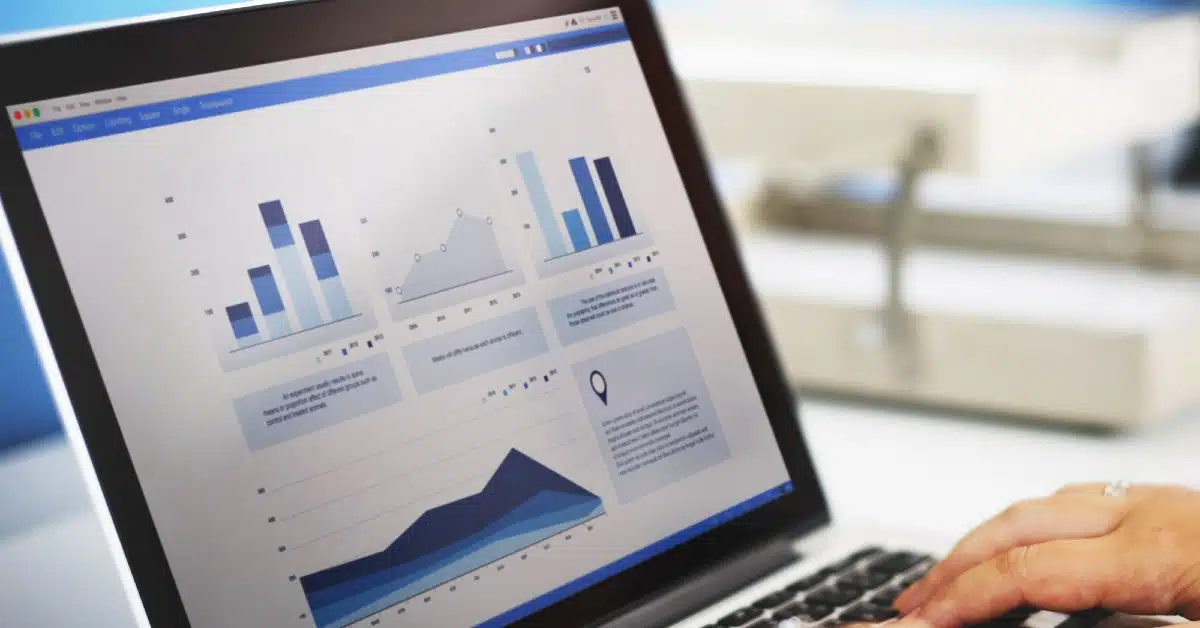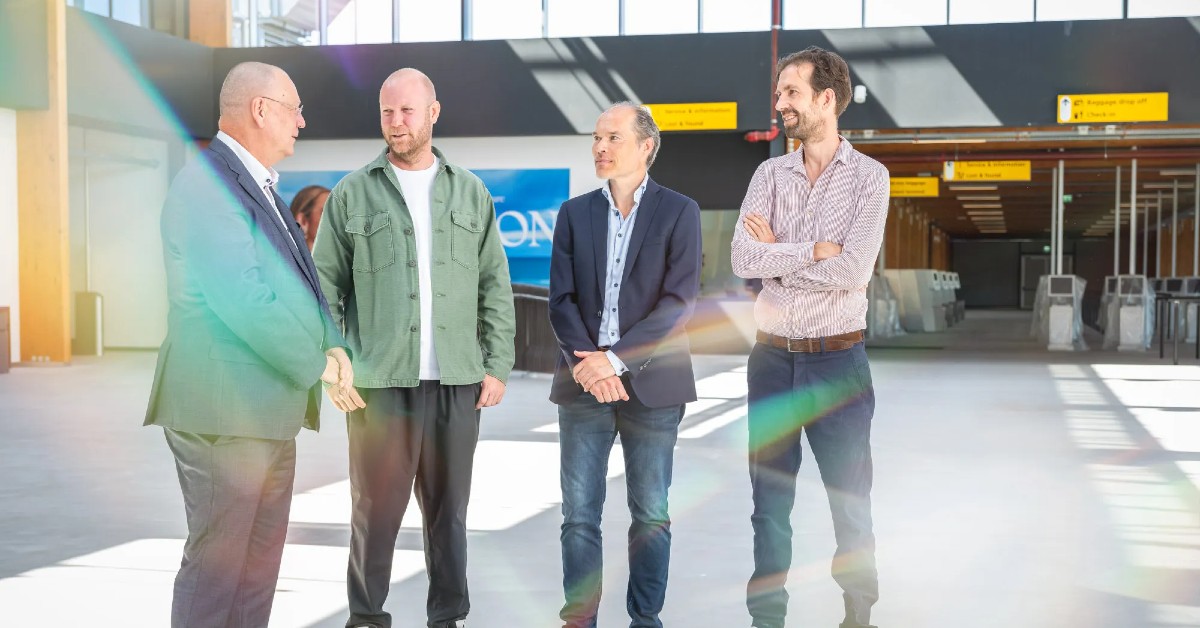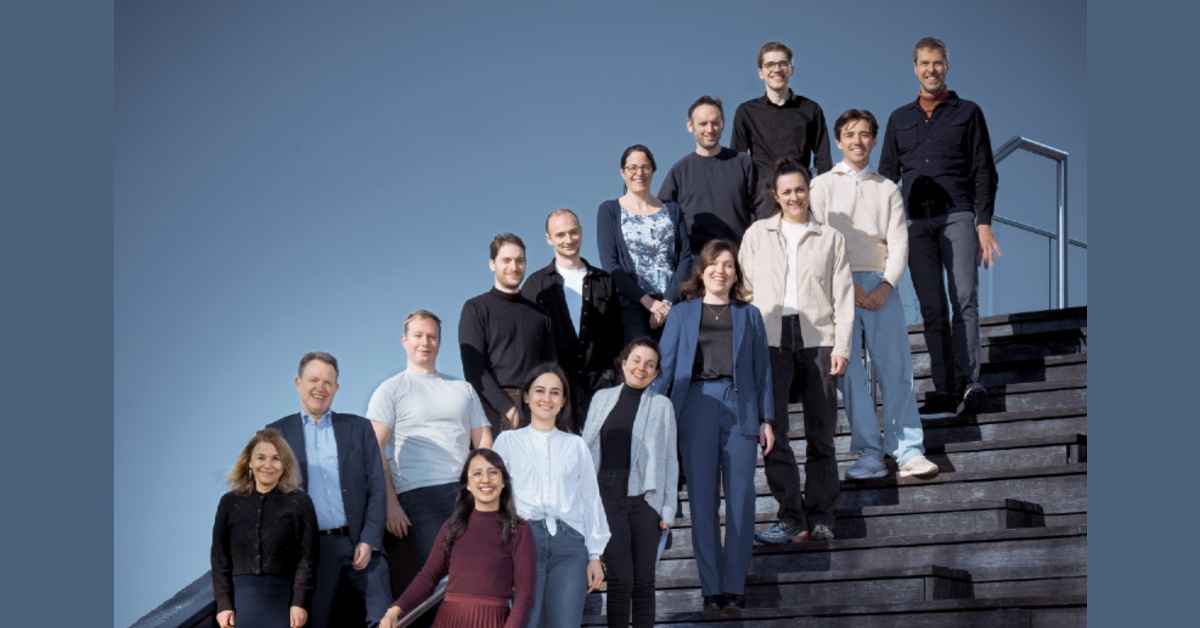When we talk about the Internet of Things (IoT), it refers to everyday physical devices that are connected to and interconnected with the internet. These ‘things’ are embedded with electronics, sensors, software, actuators, and network connectivity that helps them collect, send, and receive data, as well as connect and interact with other devices.
Reportedly, nearly 35% of IoT market value is generated from hardware, 27% from IoT services, 22% from connectivity, and 16% from the software. Germany, the UK, France, Italy, Spain, and the Netherlands are already leading European IoT adoption. Currently, the home, health, and finance sectors are the front runners in IoT adoption.
The funding
With this growth in the sector, a Munich-based IoT company Kinexon, that develops hardware and software, has raised €15M in venture debt loan from the European Investment Bank (EIB).
The capital is supported by the European Fund for Strategic Investments (EFSI). EFSI is the financial heart of the Investment Plan for Europe, under which the EIB and the European Commission work together to remove obstacles to investment and make smarter use of financial resources.
The startup has to complete pre-defined milestones to receive the EIB venture debt loan – the loan will be granted in three tranches.
The raised capital will help Kinexon to expand in Europe, the US, and Asia, as well as support the development of its new products, including enhanced data analytics and artificial intelligence (AI).
About Kinexon
Founded in 2012 by Alexander Hüttenbrink, Maximilian Schmidt, and Oliver Trinchera, Kinexon offers expertise in sensor network development, edge computing, and real-time process automation.
Besides, the company also focuses on the use of ultra-wideband technology, which offers superior accuracy, reliability, safety, and scalability compared to Bluetooth or Wi-Fi. KINEXON’s technology provides solutions in production and logistics – for instance, in process analysis and optimisation, automation, and robotics.
In simple terms, it helps connect things to achieve measurable benefits in real-time.
The technology is also used in professional sports; the company enables in-depth performance analytics, injury prevention, and next-generation fan engagement.
Wearable against COVID-19 to contact warning and contact tracing
Kinexon launched the SafeZone application just a few weeks after the COVID-19 lockdown in Germany. Its application captures risk encounters live, to the nearest centimetre, and on an anonymous basis.
A small, wearable sensor warns users if they are below the physical distance recommended to prevent coronavirus infection.
If an infection is detected in a group of employees or athletes, SafeZone identifies critical contacts with other team members in accordance with data protection regulations.
The solution does not record any movement, position, or health data of employees – it simply measures the distance between two sensors and the duration of contact, claims the company.
Oliver Trinchera, co-founder, and MD of Kinexon, says, “Europe is in pole position to shape the future of IoT. With our real-time operating system, we want to play a leading role in connecting these ‘things’ and making them interact in a fully automated way. Over the past few years, the need for our solution has led to annual triple-digit growth.”
Image credit: Kinexon










01
From telecom veteran to Dutch Startup Visa success: The Jignesh Dave story